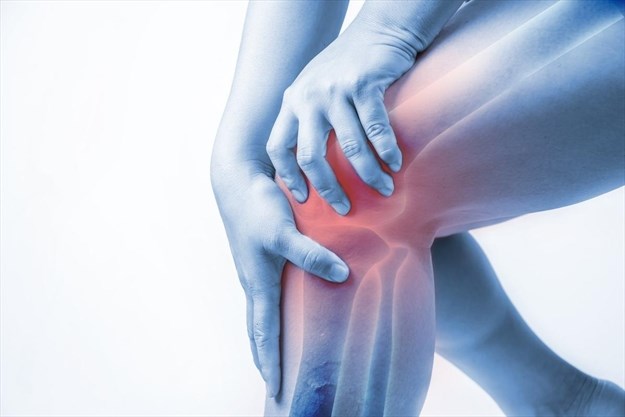Your painful knee could hurt as a result of injury, strain or a hidden medical disorder. Get the right diagnosis to treat it faster.
A painful knee can literally stop you in your tracks. Climbing the stairs can bring tears to your eyes, while standing up after being seated for a long time can make you cry out loud. But have you investigated the reason for the knee pain?
If it’s an injury…
You could injure your knee due to a fall, or a localised event like a bump, or misalignment of the knee joint due to exercise, sudden jerky movement, or due to some blunt trauma. Chances are high that you know the source of the injury, and can have it treated accordingly. Often, a blunt injury can be treated with rest, applying a cream for joint pain in the knee, and using ice packs to numb the pain. If the injury is a serious one, then therapy and long periods of rest are required.
If it’s a recurring condition…
Other kinds of joint pain in the knee have recurring phases. They come and go, and you often wonder what causes them to abate and then reappear. The reason is often a pretty basic one: it’s a localised pain that is probably caused by something you do, such as an exercise regimen that is tough on the knees. The pain goes away when you apply pain relief spray or stop the activity that causes the pain. You will find this kind of pain occurring when you do certain exercises like climbing, squats, lunges and weighted leg press, or even excessive cycling and running. Observe when you feel the joint pain in the knee, and stop that activity forthwith. Get your doctor’s advice on how to prevent the pain from recurring, or modifying/stopping the activity that causes it.
If it’s a medical condition…
There could be an underlying medical condition that causes the joint pain in the knee. Arthritis, osteoarthritis, degenerative bone disorder, a fragile cartilage, etc. are all medical conditions that most people are not even aware that they suffer from. Detailed scans and tests can reveal the problem and the extent of the damage. In the worst cases, lifelong treatment and therapy may be required, apart from painkilling drugs and injections taken regularly.
Whatever the cause and extent of the knee pain, make sure to address it the moment you notice it. Knee pain has the potential to become serious quite quickly, and it can become a chronic condition, to boot. Besides, it can force you to alter your lifestyle in many ways: you might have to give up the activities that you love, or curtail travel plans, or even take a break from work.
Meanwhile, you can get some relief by applying a good pain relief cream or spray on the painful knee.

